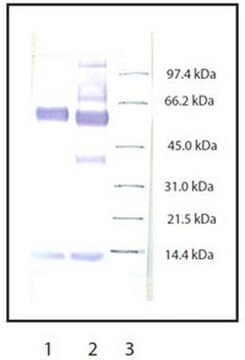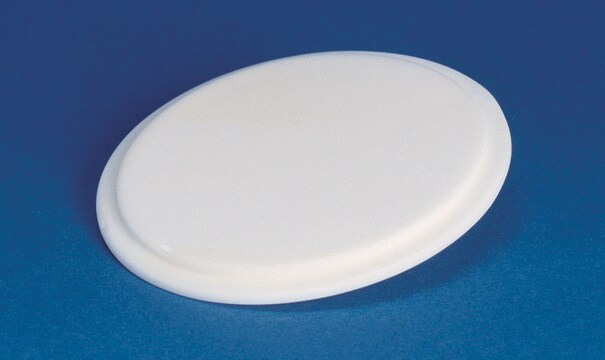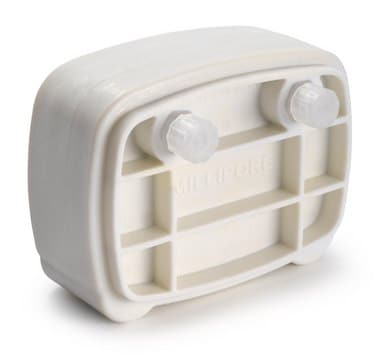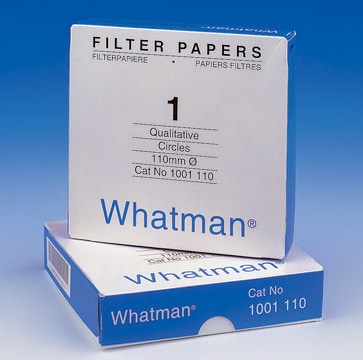108CC5
8062521, Mouse x Rat Hybridoma nerve, Neuronal
About This Item
Recommended Products
Product Name
108CC5, 08062521
biological source
Mouse x Rat Hybridoma nerve
growth mode
Adherent
karyotype
Modal No. varied with passage see reference
morphology
Neuronal
products
Long processes after treatment with dibutyryl cAMP, dense core vesicles, excitable membranes, neurotransmitter enzymes, synthesis of neurohormones and uptake of catecholamines.
receptors
Receptors for neurohormones: delta opioid, PGE 1 vasoactive intestinal polypeptide, adenosine, somatostatin and acetylcholine.
technique(s)
cell culture | mammalian: suitable
relevant disease(s)
cancer
shipped in
dry ice
storage temp.
−196°C
Cell Line Origin
Cell Line Description
Application
Culture Medium
Subculture Routine
Other Notes
Choose from one of the most recent versions:
Certificates of Analysis (COA)
Sorry, we don't have COAs for this product available online at this time.
If you need assistance, please contact Customer Support.
Already Own This Product?
Find documentation for the products that you have recently purchased in the Document Library.
Our team of scientists has experience in all areas of research including Life Science, Material Science, Chemical Synthesis, Chromatography, Analytical and many others.
Contact Technical Service




